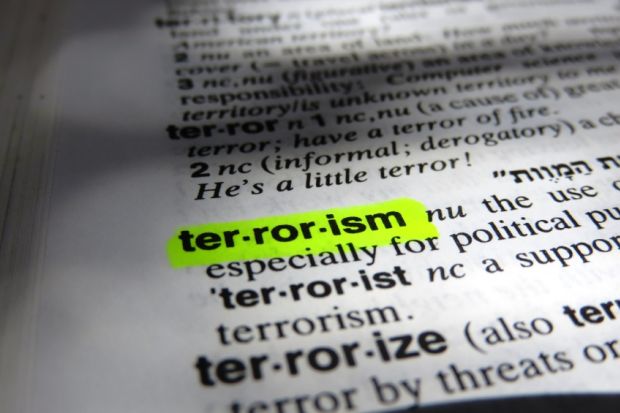“We are the leading university in the area and the terrorists wanted to ensure they caused maximum disruption to the whole progress and programme of modernisation, civilisation, globalisation.”
Today, Bacha Khan University campus in Charsadda, Pakistan, was attacked by terrorists. At least 19 people are feared dead at the institution, which has about 3,000 students. At the last count, around 50 injured were reported.
The words at the top of this blog come not from Pakistan, however, but from Nigeria. Specifically, from Abubakar Rasheed, vice-chancellor of Bayero University in Kano.
When, in April 2012, terrorists killed 18 staff, students and associates at his institution, he says the target was not Christians, Muslims or any other section of the institutional community – it was higher education itself.
“We were the main agent of progress in the area and they singled it out and attacked it.”
His eloquent description, given to me in this emotional interview two years ago, remains one of the most difficult discussions I have had as a journalist. Unsurprisingly, his words came back to me today when I heard of the Pakistan attack.
Despite the terribleness of the events in Kano, my discussion with Abubakar Rasheed left me with a grain of hope.
Despite leaving what he described as “a very serious dent”, the incident strengthened the university and brought its community closer together.
“If there is anything positive that emerged it is the fact that we as a community of knowledge seekers, and knowledge disseminators…have realised that we have to work together to understand that the main objective of the terrorists…is to divide us,” he told me.
“If they had succeeded in dividing our university community along religious lines two years ago…that division would have affected more and more institutions in the country.”
He said that instead, the academic community’s “common human properties have become more important than the differences that the terrorists wanted to exploit”.
A paper published by scholars at Bayero declared that, in time, the university had “defied” the attackers’ motives. “Rather than polarize the university community along religious divides, it has made the community stronger, more supportive and focused on turning the disaster into a new phase of development,” the paper says.
It is too soon to comment on what happened in Pakistan today, and why.
However, it is my hope that the academic community the world over will once again come together to offer its support to those affected by this terrible attack, and that the institution itself will come back stronger.
This blog originally appeared on LinkedIn.
Register to continue
Why register?
- Registration is free and only takes a moment
- Once registered, you can read 3 articles a month
- Sign up for our newsletter
Subscribe
Or subscribe for unlimited access to:
- Unlimited access to news, views, insights & reviews
- Digital editions
- Digital access to THE’s university and college rankings analysis
Already registered or a current subscriber? Login

